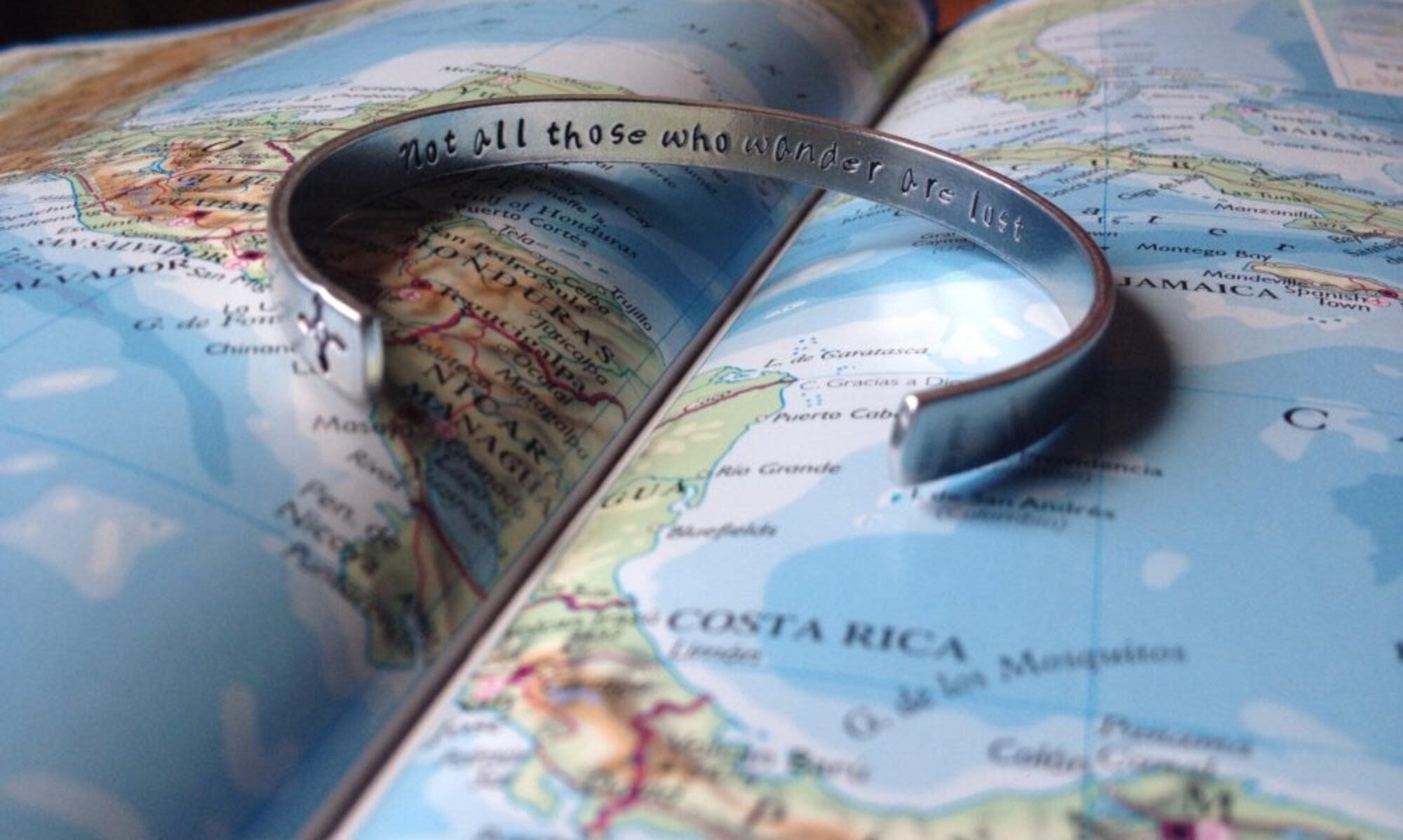Helene Hesselager O’Barry of the Dolphin Project writes, and I could have not put it better:
A life in captivity prevents him from expressing these natural behaviours, and I can’t help but wonder what it is like for him to be confined to a minuscule tank. He will never use his strength and endurance to swim mile after mile, nor will he use his sonar, intelligence, speed, and manoeuvrability to catch live prey. He will never feel the pressure build up as he dives down to more than 300 feet, nor will he ever ride the ocean’s waves. His mother will have to teach him not to swim in a straight line for more than a few feet. She will convey to him the importance of never attempting to reach top speed and, above all, stay clear of the walls. She will show him how to make turns at every corner of the tank, and he will soon learn to swim in circles, going nowhere, just like the others. He will have to adapt. Subdued by the restrictions and monotony of captivity, he will be forced to suppress instincts and knowledge designed for life in the sea, which his ancestors before him have accumulated through more than 50 million years of evolution. By human design, he will never get a taste of the sea life that he was built for—a life filled with mystery, challenges, and diversity.
This new baby orca will be trained to read his trainers’ never-ending commands for rewards of dead fish. He will also be used for splashing water at the first rows of spectators, and he will probably be trained to beach himself on a concrete platform, and day after day he will have to tolerate the sounds of blasting rock music and cheering audiences. At this very moment, he and his mother should be swimming side-by-side, wild and free, moving swiftly through the ever-moving layers of ocean water.”
It is tragic to know that this will never happen. He will be confined in his tank for life, thanks to scores of people who pay to see him that way.
I pledge to never buy a ticket to a dolphin/orca show or a captive swim-with program. You can too, here. There are other ways you can see them in close proximity if only you make the effort.


Yes. Very. Need more people to recognise that.